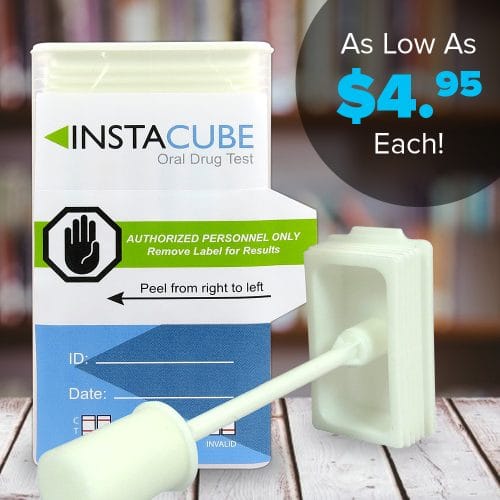For small business owners, maintaining a safe and productive work environment is paramount. Implementing drug testing policies can be a powerful tool in achieving this goal, but it also comes with its own set of challenges and considerations. Let’s explore the potential benefits, pitfalls, and essential elements of effective drug testing policies for small businesses, drawing from best practices and expert advice.
The Benefits of Implementing Drug Testing
Enhanced Safety and Productivity: Random drug and alcohol testing can deter employees from coming to work under the influence, thereby reducing the risk of accidents and enhancing overall productivity.
Compliance and Liability: For certain industries, drug testing is not just beneficial but mandated by law or regulations, helping businesses stay compliant and reduce liability in the event of workplace accidents.
Maintaining Reputation: A drug-free workplace can enhance the company’s image, showing commitment to safety and quality, which is especially important for small businesses building their reputation.
Essential Actions for Small Business Drug Testing Policies
Craft a Transparent and Educational Approach: Why Transparency Matters. Initiate open discussions with your team about the intent behind drug testing, focusing on safety and well-being. An educational stance demystifies the process, addresses concerns proactively, and builds trust.
Develop an In-Depth, Fair Testing Framework: Building a Solid Foundation. Your policy should be more than a document; it’s a commitment to fairness and clarity. Detail the substances screened, the rationale, procedures for handling disputes, and, importantly, the support available for those who test positive.
Respect Privacy with Discretion and Security: Protecting Individual Rights. Ensure that the testing process respects individual dignity and that results are strictly confidential. This builds a respectful workplace culture and maintains trust among your team members.
Adapt to the Legal Landscape Thoughtfully: The complexity of drug testing laws, especially with varying state regulations, requires a tailored approach. Consult with legal experts to craft a policy that respects both the spirit and the letter of the law.
Implement a Fair and Impartial Testing Routine: Equity in Enforcement. Apply your testing policy consistently to all employees, regardless of position. This fairness reinforces the policy’s integrity and guards against perceptions of bias or favoritism.
Practices to Avoid in Small Business Drug Testing
Avoid Making Assumptions About Substance Use: Jumping to conclusions without evidence can damage employee relations and morale. Ensure your policy includes a clear process for confirming test results and consider each situation with compassion and understanding.
Do Not Make or Maintain Vague Drug Testing Policies: Detail Drives Compliance. A vague or overly broad policy can lead to misunderstandings and legal vulnerabilities. Invest the time to develop a comprehensive policy that leaves no room for ambiguity.
Don’t Overlook the Importance of Privacy: Privacy is Paramount. Breaching confidentiality, even inadvertently, can lead to distrust and legal complications. Make privacy a cornerstone of your policy, ensuring results are shared only with those who need to know.
Avoid Legal Pitfalls by Ignoring Local Regulations: Navigating the Legal Maze. Each jurisdiction can have vastly different laws related to drug testing. Failing to tailor your policy to local requirements can result in legal challenges and undermine your policy’s effectiveness.
Steer Clear of One-Size-Fits-All Consequences: Flexibility in Responses. The implications of a positive test can vary dramatically depending on the context. Rather than adopting a rigid punitive approach, consider each case individually, focusing on support and rehabilitation where appropriate.
For small business owners, crafting a drug testing policy is a delicate endeavor that involves more than just deterrence; it’s about creating a supportive, safe, and productive workplace. By focusing on transparent communication, detailed and fair policies, and respecting both legal requirements and employee privacy, small businesses can navigate the complexities of drug testing with confidence. This approach not only ensures compliance and safety but also fosters a culture of trust and respect, essential ingredients for any thriving business.



